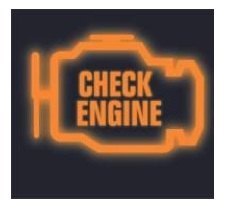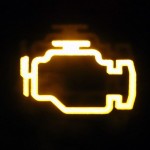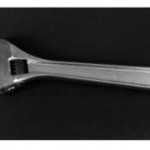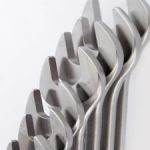For those who aren’t familiar with what triggers the check engine light, here’s a quick overview: The check engine light illuminates when the vehicle’s computer detects an issue with the emissions system. This feature was made mandatory by a federal law in 1981 aimed at reducing vehicle emissions. While it’s meant to keep our environment cleaner, it often leaves drivers scratching their heads—and sometimes stressing over potential repair costs. When the check engine light comes on, there are a few things you should do to address the situation: There are numerous reasons why the check engine light may illuminate, ranging from minor issues like a loose gas cap to major concerns like faulty oxygen sensors or a malfunctioning catalytic converter. Understanding these possibilities can help reduce some of the anxiety that comes with this warning signal. To ensure your vehicle remains in top condition, always opt for genuine Toyota parts if repairs are necessary. Using authentic components ensures reliability and longevity for your car. Remember, staying informed about your vehicle’s health can make a big difference. If you ever find yourself needing advice on selecting reputable repair shops or avoiding scams, there are plenty of resources available to guide you through the process. And hey, while you’re waiting for your appointment with the mechanic, consider browsing some related posts like “Toyota Won’t Start? Troubleshooting Tips to Get You Back on the Road†or “How to Avoid Car Mechanic Scams.†These articles could provide additional insights into maintaining your Toyota and keeping it running smoothly for years to come. Parallel Twin Screw and Barrel Parallel Twin Screw And Barrel,Injection Screw And Barrel,Twin Screw And Barrel For Extruder,Carbide Screw Barrel For Plastic Extruder Machine Zhejiang Guangming Plastics Machinery Co.,Ltd. , https://www.gmscrews.com At some point, every car owner will encounter the infamous check engine light. It’s not something you’d typically celebrate, but it’s bound to happen eventually. Unlike the nervousness you might feel about attending a high school reunion after ten years, this is more of an unwelcome alert from your vehicle's onboard computer system.
At some point, every car owner will encounter the infamous check engine light. It’s not something you’d typically celebrate, but it’s bound to happen eventually. Unlike the nervousness you might feel about attending a high school reunion after ten years, this is more of an unwelcome alert from your vehicle's onboard computer system.
Related Posts
 Toyota Won’t Start? Troubleshooting Tips To Get You Back On The Road
Toyota Won’t Start? Troubleshooting Tips To Get You Back On The Road
 The Top 5 Toyota Maintenance Mistakes
The Top 5 Toyota Maintenance Mistakes
 Toyota Gets High Marks For Not Needing Service
Toyota Gets High Marks For Not Needing Service
 Tips On Selecting Gas Rewards Cards
Tips On Selecting Gas Rewards Cards
 How To Select A Good Repair Shop For Your Toyota
How To Select A Good Repair Shop For Your Toyota
 How To Avoid Car Mechanic Scams
How To Avoid Car Mechanic Scams